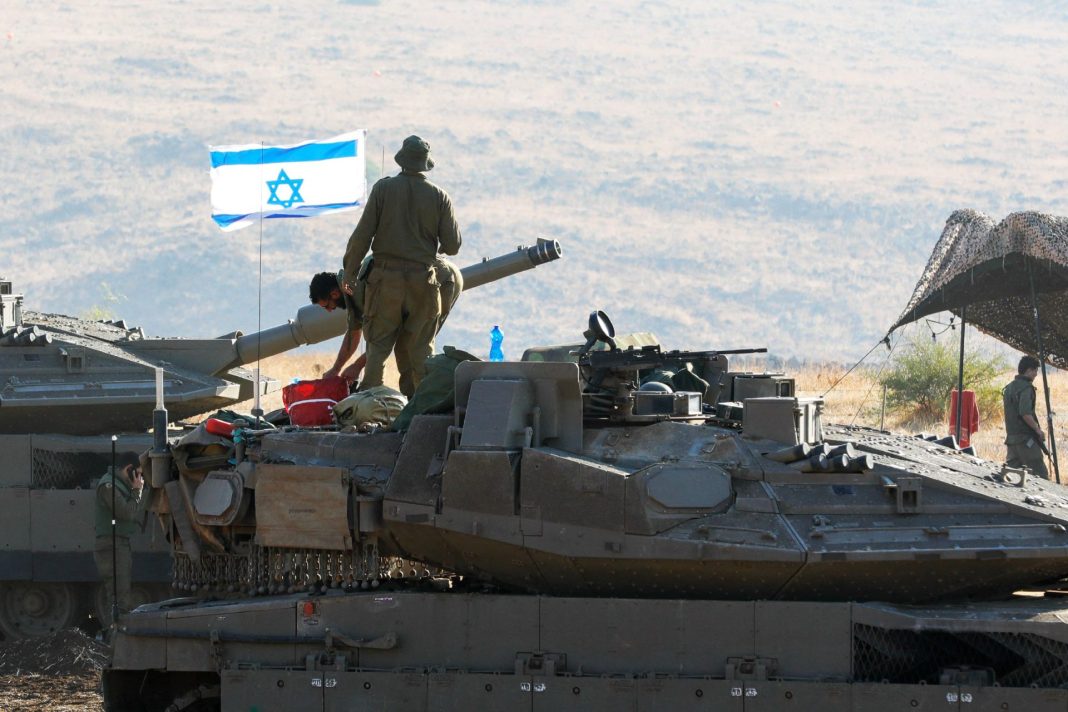The report said that the US assessment is more conservative than intelligence-based predictions from some European countries which believe a war could erupt in days.
The Politico article follows Middle East Eye’s reporting last week that the US had signalled to Hezbollah via Lebanese intermediaries that it would support an Israeli offensive on the group in the coming weeks.
Amos Hochstein told Lebanese officials that Israel anticipates roughly five more weeks of intense fighting in Gaza, after which it will pause its main offensive across the enclave. However, it will continue to target senior Hamas officials and conduct attacks to recover hostages.
Hochstein added that the mentioned lull in Gaza fighting gives Hezbollah and Israel an opportunity to end their conflict and start negotiations, with or without a ceasefire agreement between Israel and Hamas, the Arab official who spoke to MEE on condition of anonymity stated.
Israel claims it has drawn up plans for a limited offensive on Hezbollah. Hezbollah has also stressed it is prepared for war and has a bank of Israeli targets, including in the Mediterranean.
But Politico reported that the US believes the war is likely to start with both sides miscalculating. Citing US officials, Politico noted “the catalyst for war – a major attack by either side, for example – is likely to happen with little notice”.
On a visit to the US on Monday, Israeli Defence Minister Yoav Gallant told US Secretary of State Antony Blinken that Israel would prefer a diplomatic resolution to the conflict with Lebanon’s Hezbollah, State Department spokesperson Matthew Miller said.
MEE reported on Friday that US officials are concerned an Israeli offensive on Hezbollah could further ignite Iran’s allies in the region and cement Tehran’s military ties with Russia.
The fears of what current and former US officials described to Middle East Eye as “secondary” and “tertiary” effects of an Israeli ground assault on Hezbollah are being driven by US intelligence that claims Russia is considering stepping up its support for Iran’s so-called Axis of Resistance.
Israel and Hezbollah have exchanged near-daily fire since 8 October, but the conflict ratcheted up in June after Israel killed Taleb Sami Abdullah, one of the most senior members of Hezbollah.
The group responded by launching hundreds of drones and rockets at Israel.
